Best Hospital for Hernia Surgery in Hyderabad, India
- 30+Years of Surgical Expertise
- Laparoscopic & Robotic-Assisted Hernia Repair
- Antibiotic-Coated Mesh for Healing
- Less Blood Loss and Minimally Invasive Surgery
- Single Day Discharge & Faster Recovery
- Complete Insurance Assistance
What is Hernia?
A hernia is a weakness or tear in the wall of the abdomen resulting in a bulge or tear. The inner lining of the abdomen pushes through the weakened area of the abdominal wall to form a small balloon-like bulge.
What is a hernia repair?
Hernia repair involves reinforcing the weakened muscle to close the gap. This can be done using strong internal stitches or a synthetic mesh, with mesh repair being the preferred method. Yashoda Hospital’s experienced surgeons, surgical infrastructure and provision of high-grade mesh and reinforcement materials makes it one of the Best Hernia Hospital across the region.
Which Surgery is Best for Hernia?
Treatment options available for hernia include advanced minimally invasive surgery like robotic and laparoscopic surgeries and conventional methods like open surgery. Yashoda Hospitals proudly hosts the most advanced robotic surgical systems for hernia repair and treatment, making it Best Hospital For Hernia Surgeries
Robotic Assisted Hernia Repair:

Robotic assisted hernia surgery is the ideal choice of treatment in cases of centrally located hernias, which involves developing a large peritoneal pocket, reducing the hernia sac, closing the hernia defect, placing mesh with wide overlap, and closing the pocket. Ensuring a large mesh overlap, even in the absence of mesh fixation, is key to successful robotic transabdominal preperitoneal (TAPP) repair. Robotic-assisted surgery offers enhanced precision of the surgical tools with a wide range of motion, allowing for complex manoeuvres.
Procedure:
- Surgical procedure is performed under suitable and adequate anesthesia
- Trocars (instruments that are usually used in minimally invasive procedures) and other surgical instruments are inserted into the abdominal cavity (Three trocars, one for the camera and the others for instruments, are usually sufficient for the procedure)
- The robotic way of approaching adequately exposes the retromuscular space, including the midline, which can commonly harbour multiple small defects containing herniated pre-peritoneal fat.
- Mesh-like material is then incorporated to reinforce the weak part of the abdominal wall
- Robotic manipulation facilitates better mesh incorporation over time and decreases the likelihood of intraperitoneal adhesion.
Advantages of Robotic Assisted Hernia Repair:
- Smaller Incisions and Less Blood Loss
- Magnified 3D Visualization
- Enhanced Dexterity
- Precise Dissection and Mesh Placement.
- Ideal for complex and multiple hernias
Laparoscopic Hernia Repair
Laparoscopic or keyhole surgery is usually performed under a general or local anaesthetic. Several small incisions are made in the area of the hernia. Depending on the type of surgery, instruments like a laparoscope, small cutting and stapling tools are inserted through the incisions. After the hernia is repaired, the surgeon places a strong mesh on the weak spot in the abdominal wall, which is secured using sutures, surgical staples, tacks, or clips. The mesh provides reinforcement.
Advantages of Laparoscopic Repair
- Commonly chosen surgical method
- Suitable for all age groups of patients
- Less painful compared to open surgery
Open Repair
This is a conventional type of approach performed under general anesthesia or occasionally using regional or spinal anaesthesia. Comparatively larger incisions of about three- to four-inch incisions are made in the area of the hernia and the incision extends through the skin and subcutaneous fat, allowing the surgeon to approach the portion of the hernia. The hernia is repaired and a surgical mesh is secured in place. The incision is closed using absorbable sutures or staples. This approach involves larger incisions and more dissection along the layers for better visualisation, thus leading to more blood loss and postoperative pain, making the recovery process and return to routine much slower than the minimally invasive methods.
Why Hernia Surgery is Necessary?
- Surgery is the “Only” successful approach
- Medicines offer only symptomatic relief
- Can be fatal if hernia is strangulated.
- Causes severe pain, fever and infection
Why Choose Yashoda for Hernia Surgery?
- Experienced Senior Surgeons
- Most Advanced Robotic Surgical Systems
- Superior Quality Mesh & Surgical Tools
- Minimally Invasive Procedures
- Advanced Surgeries with Less Pain & Blood Loss
- Facilitating Faster Recovery & Return to Routine
- Complete Insurance Assistance
Health Blogs for Gastroenterology
FAQ’s
Do all types of hernias require a surgery?
Surgery is not always the first line of treatment. The need for surgical intervention depends on factors such as the size of the hernia, symptoms, risk of complications, and overall health of the patient. An expert evaluation is necessary to determine whether surgical repair is needed or if conservative management is sufficient.
Is hernia surgery painful?
At Yashoda Hospitals, patients comfort is our priority and hence our surgical wing is backed up with the most latest and minimally invasive surgical infrastructure, facilitating procedures with less pain and quicker recovery, allowing you to return to your routine sooner.
What is the best surgery for hernia?
The choice of surgery depends upon the patient’s condition, associated health concerns, financial ability, and many more. To get a better understanding of which surgery suits you, seeking an expert helps. If you are searching for the Best Hernia Hospital Near You, look no further. Get in touch with our specialists now!
Can hernias come back after surgery?
Yashoda Hospitals takes every measure to ensure your hernia repair is successful. Our skilled surgeons use modern techniques and materials to minimize the risk of recurrence and provide lasting relief.


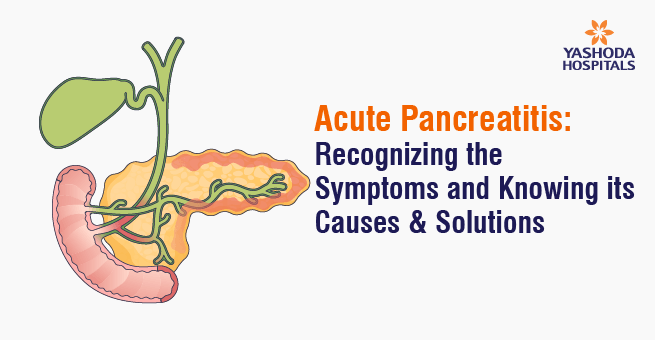
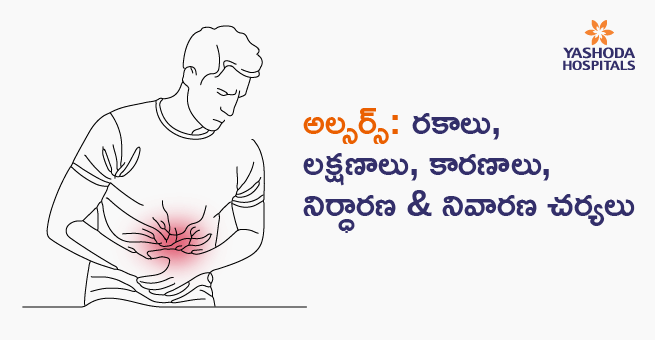
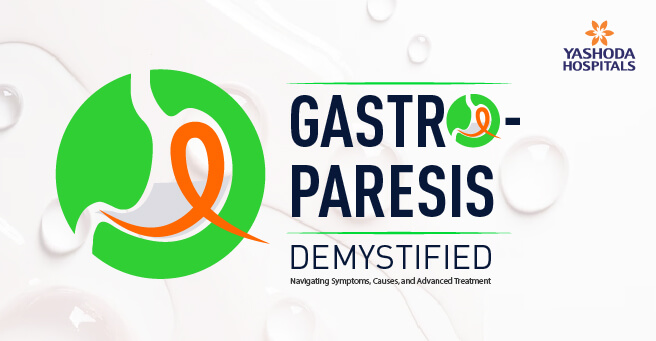

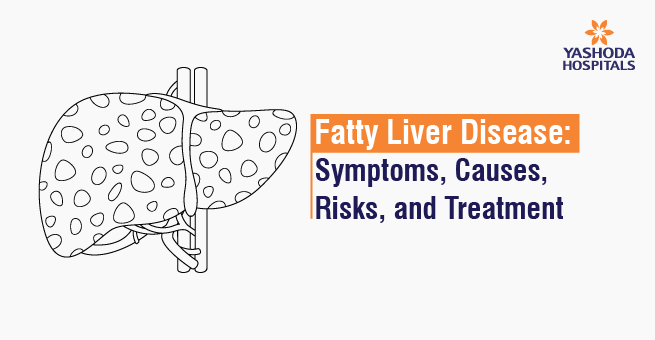

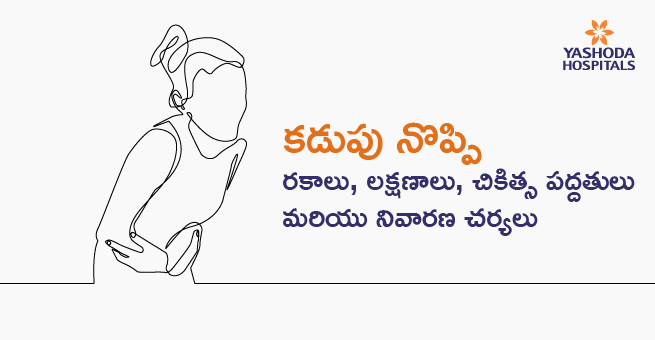
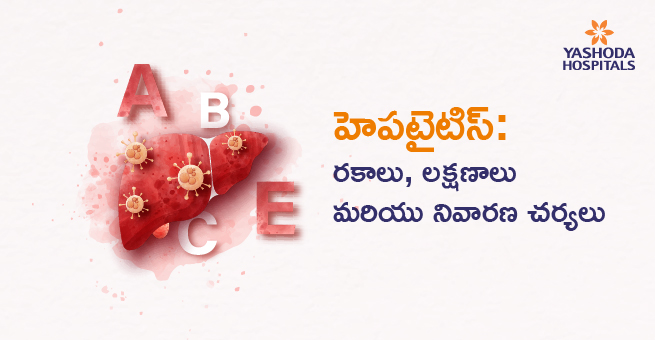
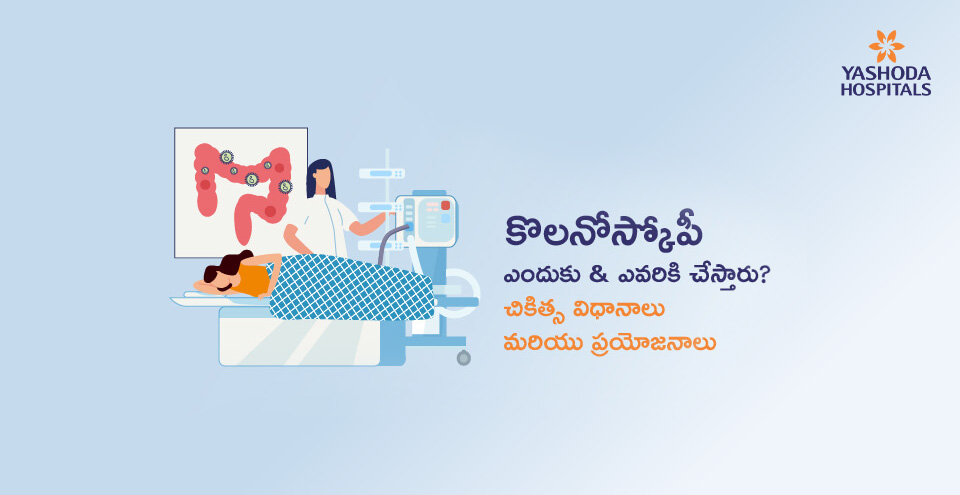
 Appointment
Appointment WhatsApp
WhatsApp Call
Call More
More

